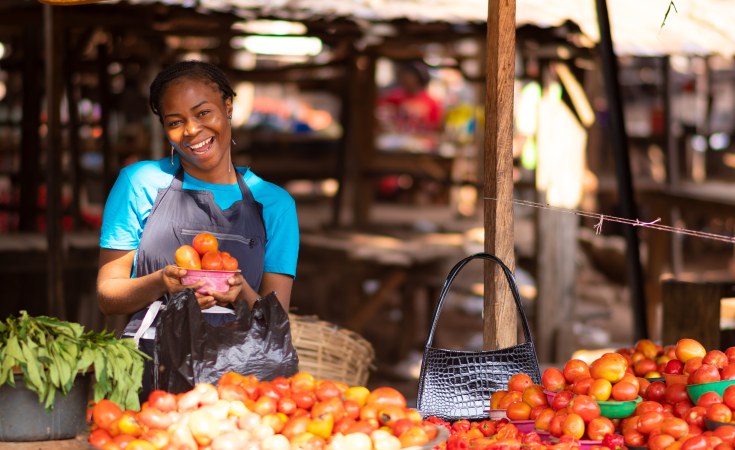The root of the problem is that Africa is simply not producing enough goods that the US wants to buy.
The US has mobilised 17 relevant government departments and agencies under the umbrella of Prosper Africa coordinator British Robinson to try to clinch deals between US and African businesses that will increase utilisation of the African Growth and Opportunity Act (Agoa).
The 20th annual Agoa Forum ended in Johannesburg at the weekend with an all-round commitment by Africa and the US to renew the preferential trade programme when it expires in 2025.
There was also considerable discussion about how to increase the usage by eligible sub-Saharan countries of Agoa, which gives them duty-free access to the lucrative US markets for most of their exports.
Despite these considerable benefits, very few African countries have taken advantage. South Africa has been the biggest beneficiary by far if oil exports are excluded.
Last year SA accounted for more than 35% of all goods exported to the US under Agoa, about $3.615-billion; with Nigeria second, with $3.523-billion (mostly oil); followed by Ghana, with $746-million; Kenya, $615-million; Madagascar, $407-million; Angola, $391-million; Lesotho, $261-million; Ivory Coast, $128-million; Gabon, $126-million and Democratic Republic of the Congo, $92.3-million (figures from Trade Law Centre).
Matching suppliers and buyers
Before the Agoa Forum last week, the assistant US trade representative...


